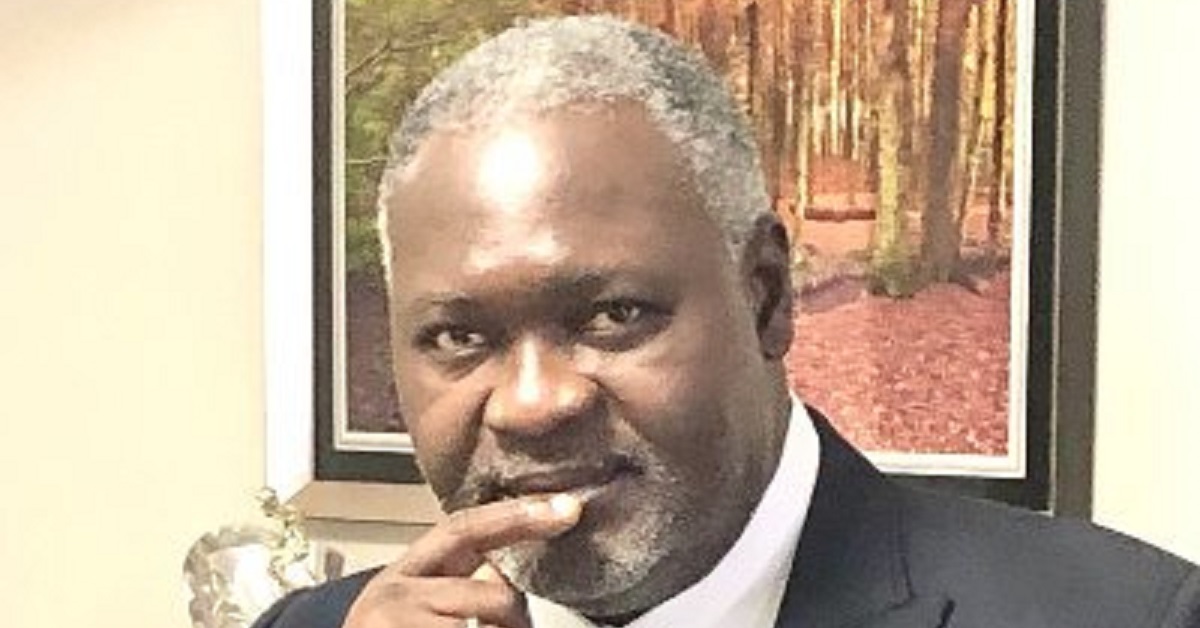Former Attorney-General and Minister of Justice during the Ernest Bai Koroma Administration, Joseph Fitzgerald Kamara (JFK), has offered insights into the potential repercussions of the main opposition All People's Congress (APC) not participating in Parliament. Kamara asserts that the absence of the APC would greatly hinder the functioning of Parliament.
Kamara emphasizes that a parliamentary debate, as stipulated in section 98 of the Constitution, necessitates the presence of both sides. Without the APC's participation, the ruling Sierra Leone People's Party (SLPP) would lack a counterpart with whom to engage in constructive debates on crucial matters.
Furthermore, Kamara contends that the SLPP would rely on the APC to initiate discussions within the Parliament. Since the government cannot engage in debates with itself, the absence of the APC would effectively stifle any meaningful exchange of ideas and viewpoints.
Following the announcement of election results by the Electoral Commission for Sierra Leone (ECSL), the APC party leadership expressed dissatisfaction and declared their intention to boycott governance. They criticized the ECSL for a perceived lack of transparency and called for the release of polling station results from across the country.
Approximately a week ago, the APC shared a dossier containing the signatures of their newly elected MPs, mayors, and district chairpersons, indicating their planned boycott of governance. Despite the upcoming opening of Parliament on July 13, the APC remains steadfast in its defiance, as they control approximately 40 percent of the total seats.
In summary, the absence of the APC from Parliament, as highlighted by Joseph Fitzgerald Kamara, would significantly impede the legislative body's effectiveness, hindering constructive debates and reducing the opportunity for diverse perspectives to be heard.

